There are some stories Max Webb will never recount.
“With my own eyes, I saw the most barbaric and unbelievable things,” said Webb, who survived 18 concentration camps during the Shoah.
The walls of this nearly 90-year-old homebuilder’s Beverly Hills office are lined with scores of citations and certificates of honor, as well as pictures of presidents, mayors and celebrities. Every surface seems to be covered with framed photos of children, grandchildren and great-grandchildren.
Webb surrounds himself with reminders of a life dedicated to family and tzedakah, or charity. And while both inspire him, it’s a promise he made in another time and another place that drives his philanthropic visions.
Since finding success in the Southland real estate market more than 50 years ago, Webb continues to honor a deal he made with God. While witnessing the Holocaust, he swore if he lived he would devote his life to the survival and recovery of the Jewish people.
“As soon as I began making money, I began giving it away,” he said with a shrug.
In December, the Webb Family Foundation announced it had purchased a $3 million plot of land to establish a center that will house two socially conscious Jewish organizations: IKAR and the Progressive Jewish Alliance (PJA). The project is one of the latest in a series of philanthropic ventures for Webb, whose foundation funds projects in the United States and Israel.
“My entire family is involved in this. My life is a gift and a miracle. As long as I’m alive, I’ll do whatever is possible to help humanity…. And I’m not finished yet,” Webb said as he leafs through a pile of preliminary drawings for the three-story building, tentatively named The Max and Sala Webb Center for Progressive Judaism.
For IKAR’s Rabbi Sharon Brous, the donation is an expression of Webb’s interest in ensuring the flourishing of Jewish life.
“His primary concern is not whether a group is conventional or innovative or progressive or traditional. What Max is really committed to is vibrant Jewish life in whatever form it takes, be it a yeshiva in Borough Park or a cutting-edge spiritual community in Los Angeles. He came out of the Holocaust not with despair, but with a real commitment to building the future with incredible openness and devotion,” she said.
But behind this Polish immigrant’s effusive joy are memories that still evoke almost unspeakable horrors.
Webb’s earliest experience with Nazi barbarities came when the Germans first occupied his native city of Lodz.
“I saw military trucks lined up outside a hospital,” he said. “The soldiers went into the hospital. They went into every room. They took the newborn children by their little legs and threw them out the windows. I could hear the screams of the mothers. I couldn’t cry; my tears were frozen.”
During his years in the camps, Webb met and befriended Nathan Shapell. After liberation, Shapell introduced Webb to his sister, Sala, whom he married. In 1951, after arriving in Los Angeles, Webb and Nathan Shapell and Shapell’s brother, David, began a construction business, which would provide the start-up funds for the Max Webb Family Foundation in 1962.
Webb’s wife, Sala, died in 1990. In 1993, Webb married Anna Hitter, who like all members of the Webb family is an active participant in the foundation.
The citations on Webb’s office walls are just part of the philanthropic tale. A thick binder, bursting with letters, photographs and newspaper clippings, provides still more information on a long life dedicated to resurrecting the Jewish community. Leafing through the record of his giving — schools, hospitals, synagogues, universities — his delight is palpable.
Given that the Max and Sala Webb Center for Progressive Judaism was inspired by his granddaughter, Justine, and her husband,Greg Podell, who serves as director of the Webb Family Foundation, the project has particular resonance for Webb, a man committed to the future of Jewish generations.
“When Greg and Justine moved to Los Angeles, I was hoping to get them involved with my synagogue, Congregation Beth Israel on Beverly Boulevard,” he said. “Everyone there is old. I thought they might bring in young people, but that didn’t work out.”
Instead, Greg and Justine came across IKAR, where Brous was developing a new spiritual community rooted in social justice and action. Then the couple met Daniel Sokatch, PJA’s executive director. (Both groups have offices at the Westside Jewish Community Center.)
“These organizations were attracting lots of people, and I thought that as generous and significant as Max’s giving has been, he could really address the concerns of my generation by donating to them,” Podell said.
“One day Justine and Greg came to my office,” Webb explained. “‘Poppa,’ Justine said, ‘we’d like the foundation to help build a place for our children and for all children.'”
The couple introduced Webb to Brous and Sokatch.
“I think that seeing his grandchildren so excited about active Jewish life, fired his commitment to us,” Sokatch said.
Plans were soon under way to purchase land on Pico Boulevard for a building that will house both IKAR and the PJA, and serve as a center for a wide range of religious and social activities.
“It’s not just that Max is giving money. He’s created an ethos of giving in his family. Greg and Justine have internalized Max’s core commitments. Ultimately that’s his greatest gift,” Brous said.
Podell marvels that Webb is “so easily able to adapt to changing times and situations.”
He added that Webb saw how the couple was inspired by Brous and Sokatch and understood that by supporting them, he could guarantee that his children, grandchildren and great-grandchildren would continue to be involved in a vibrant and compelling Jewish community.
“We’re doing this not because we want a beautiful building, but because we want to provide a home for these leaders who are inspiring our family,” Podell said.









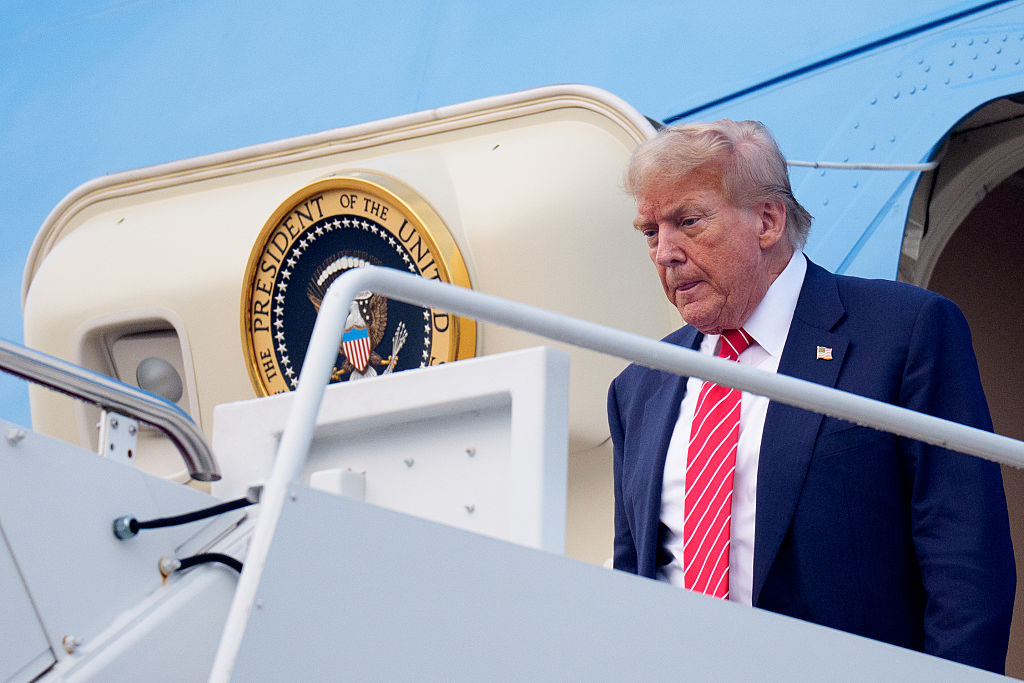
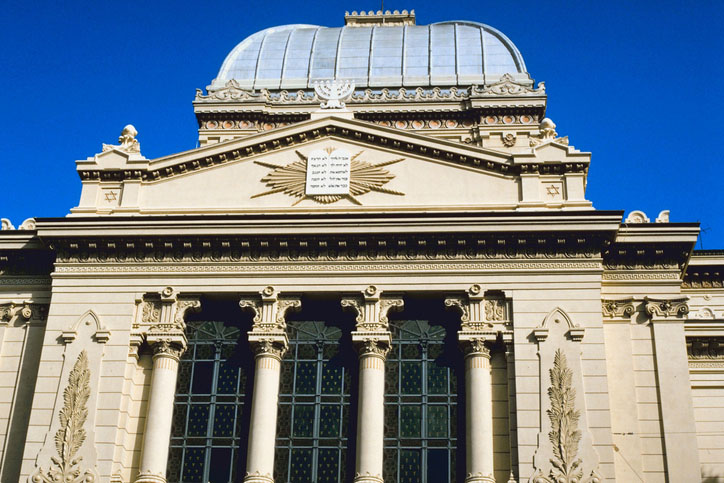

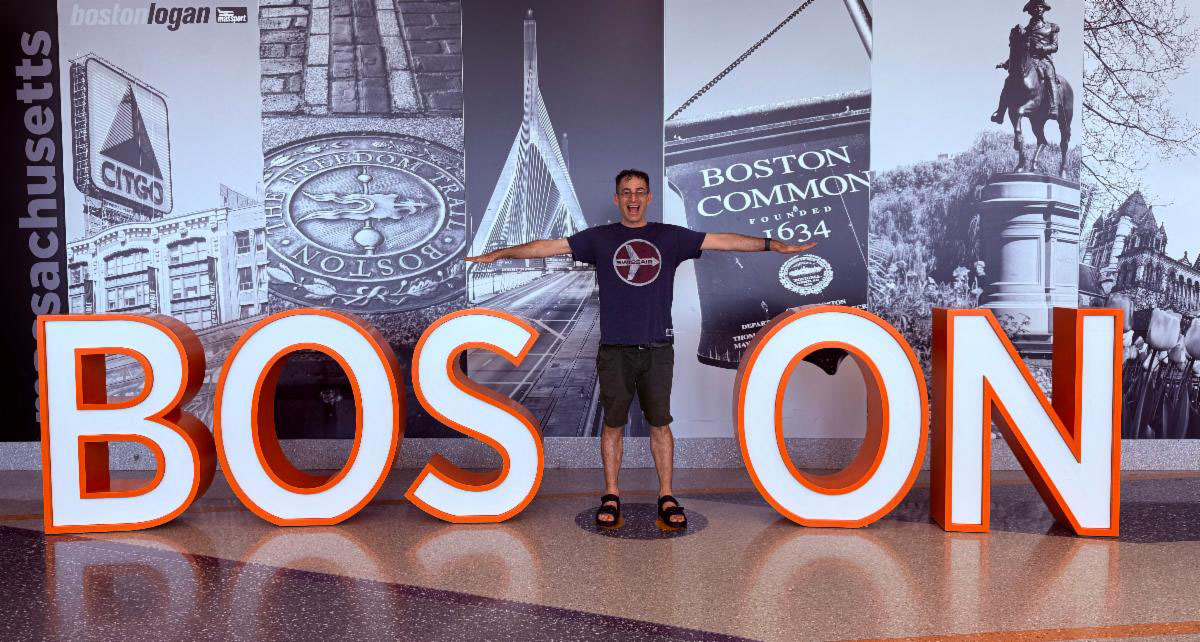
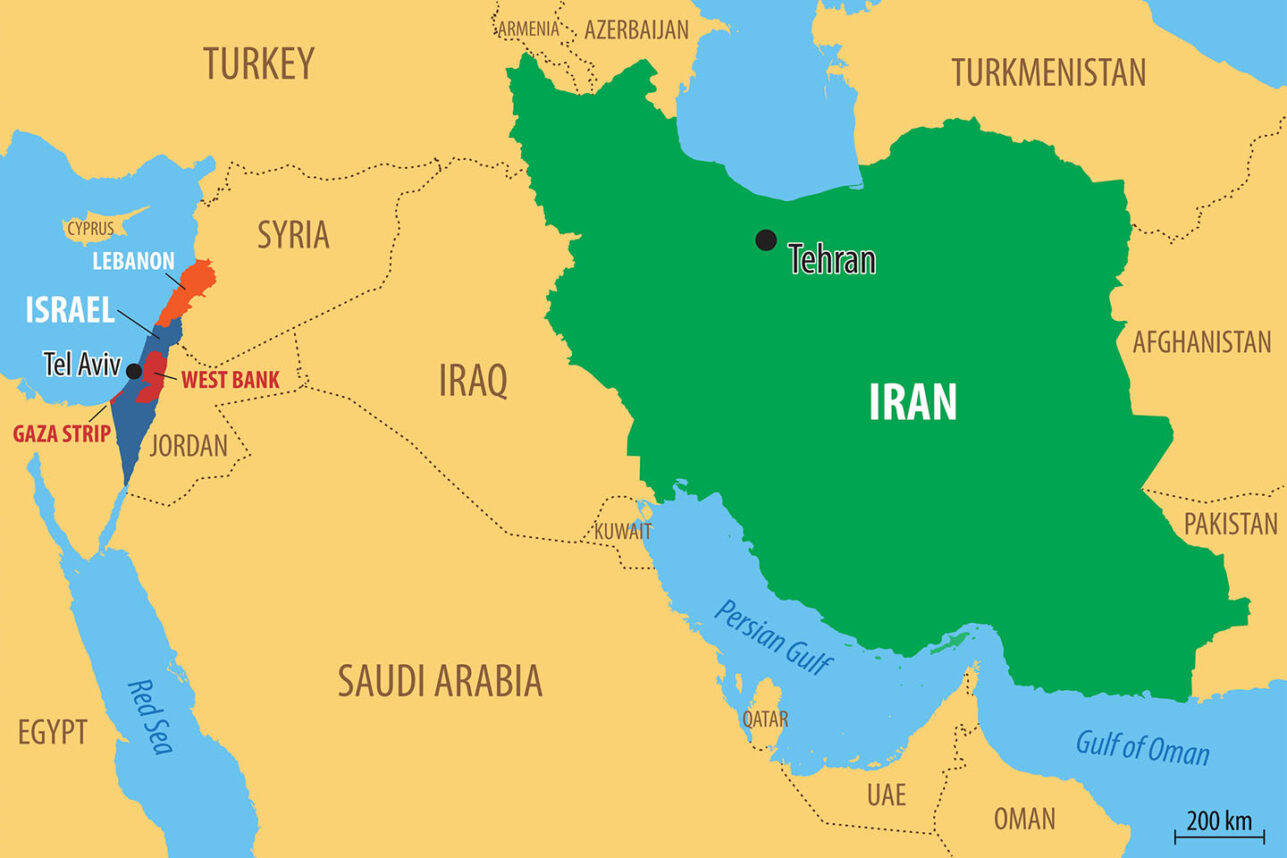
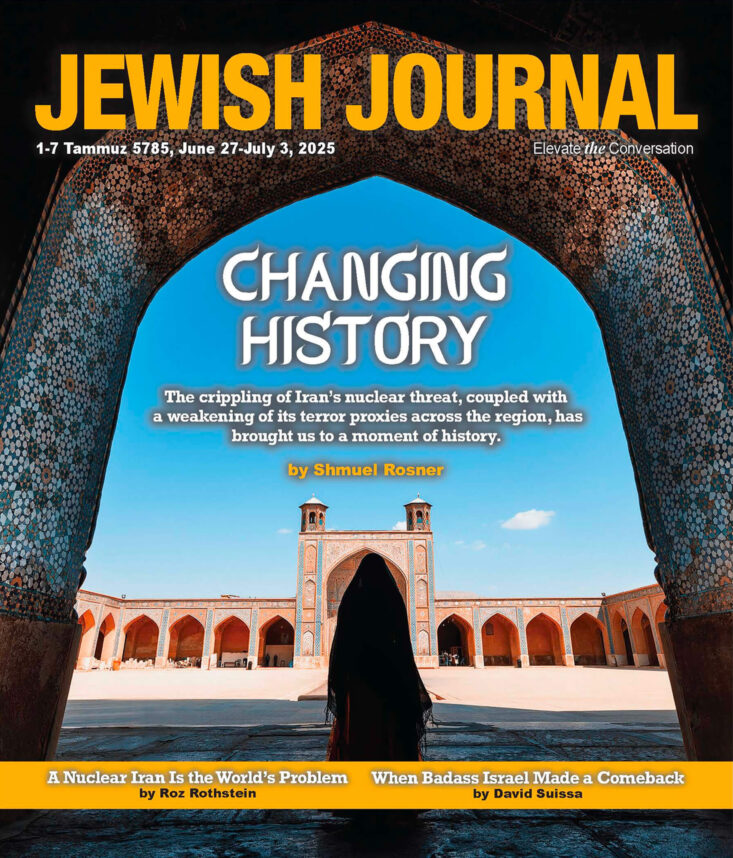



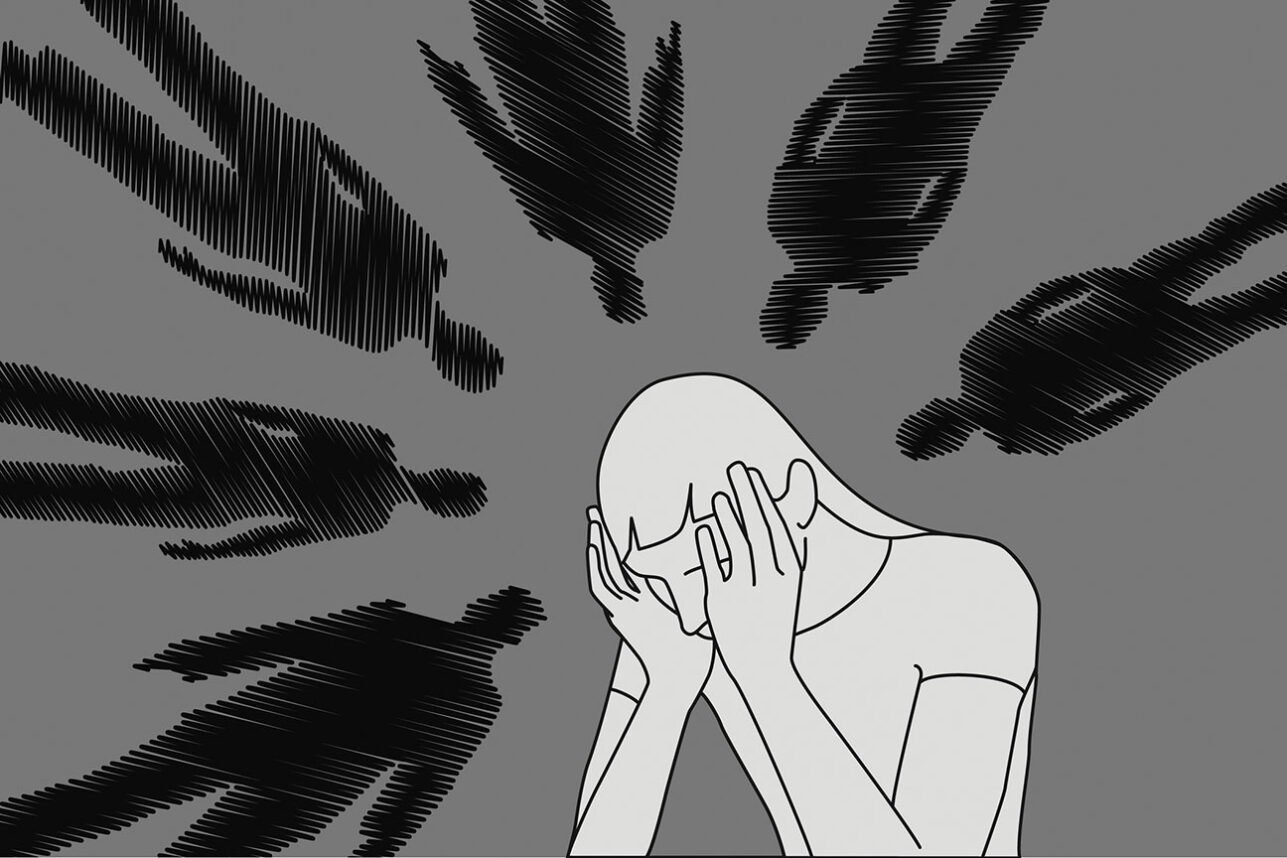
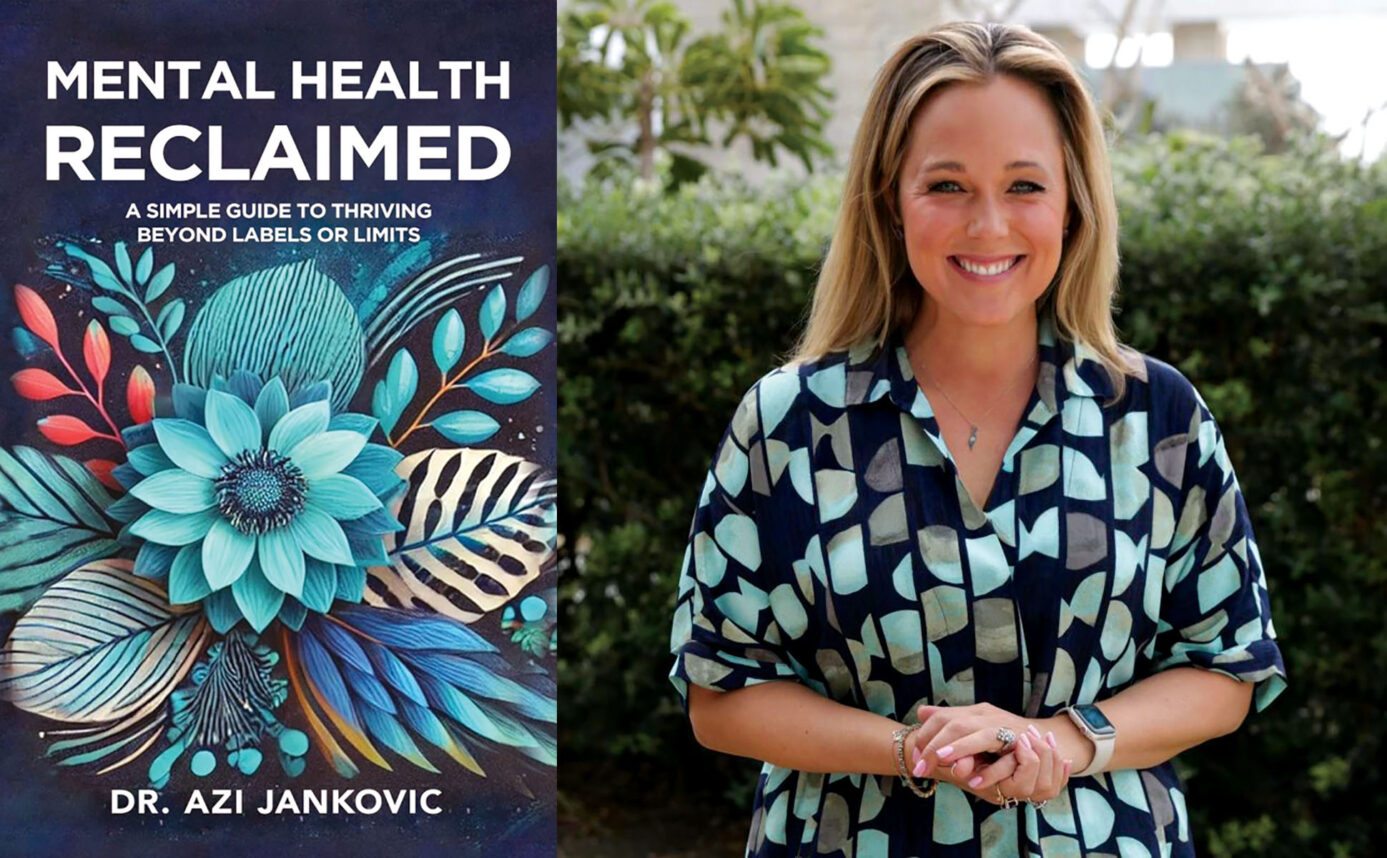
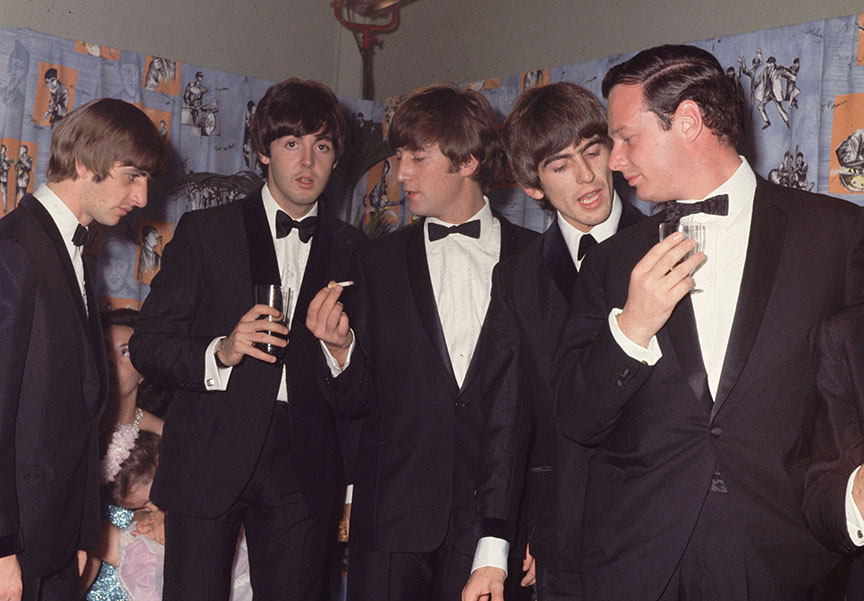
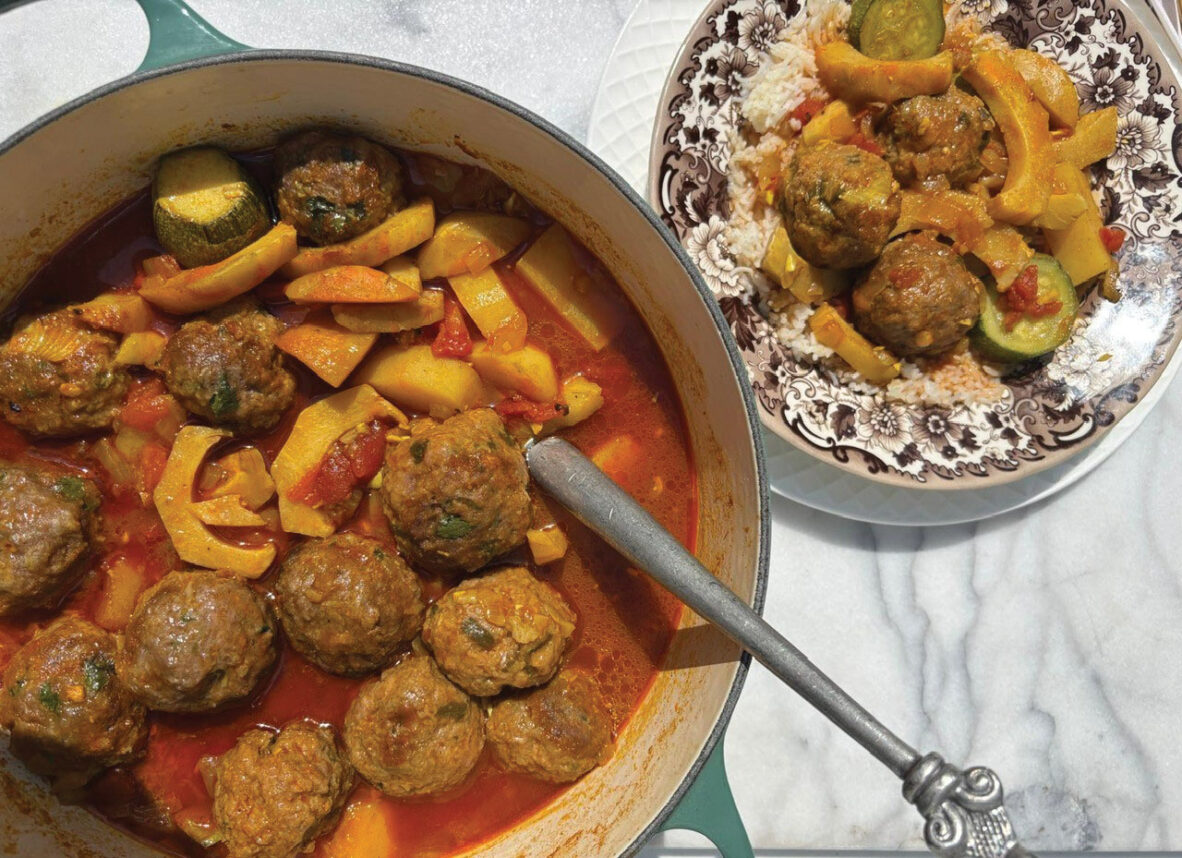



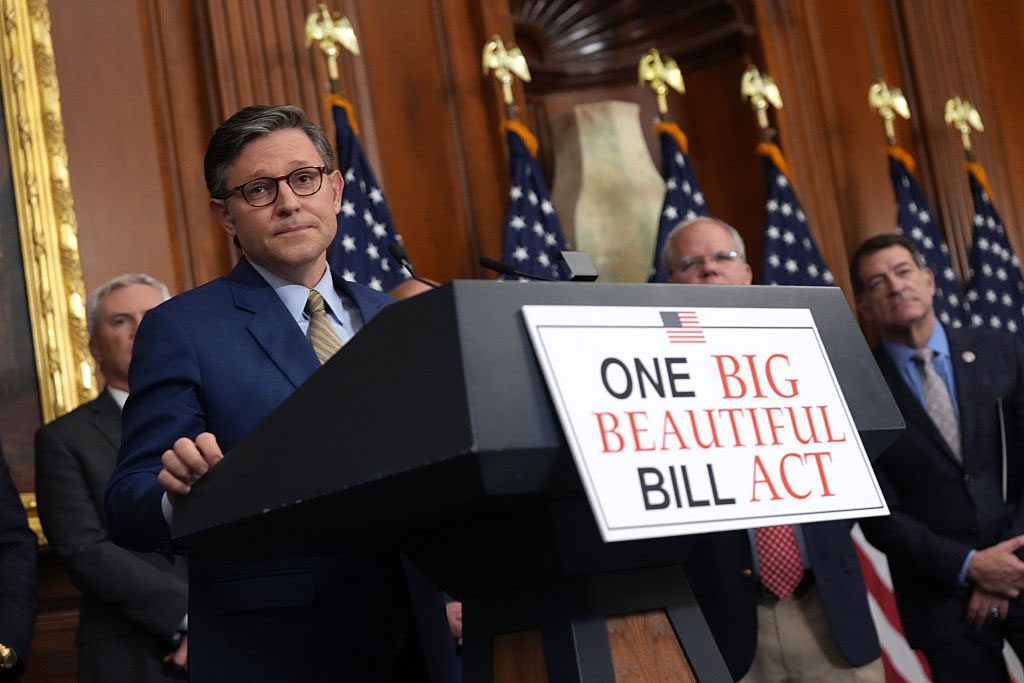
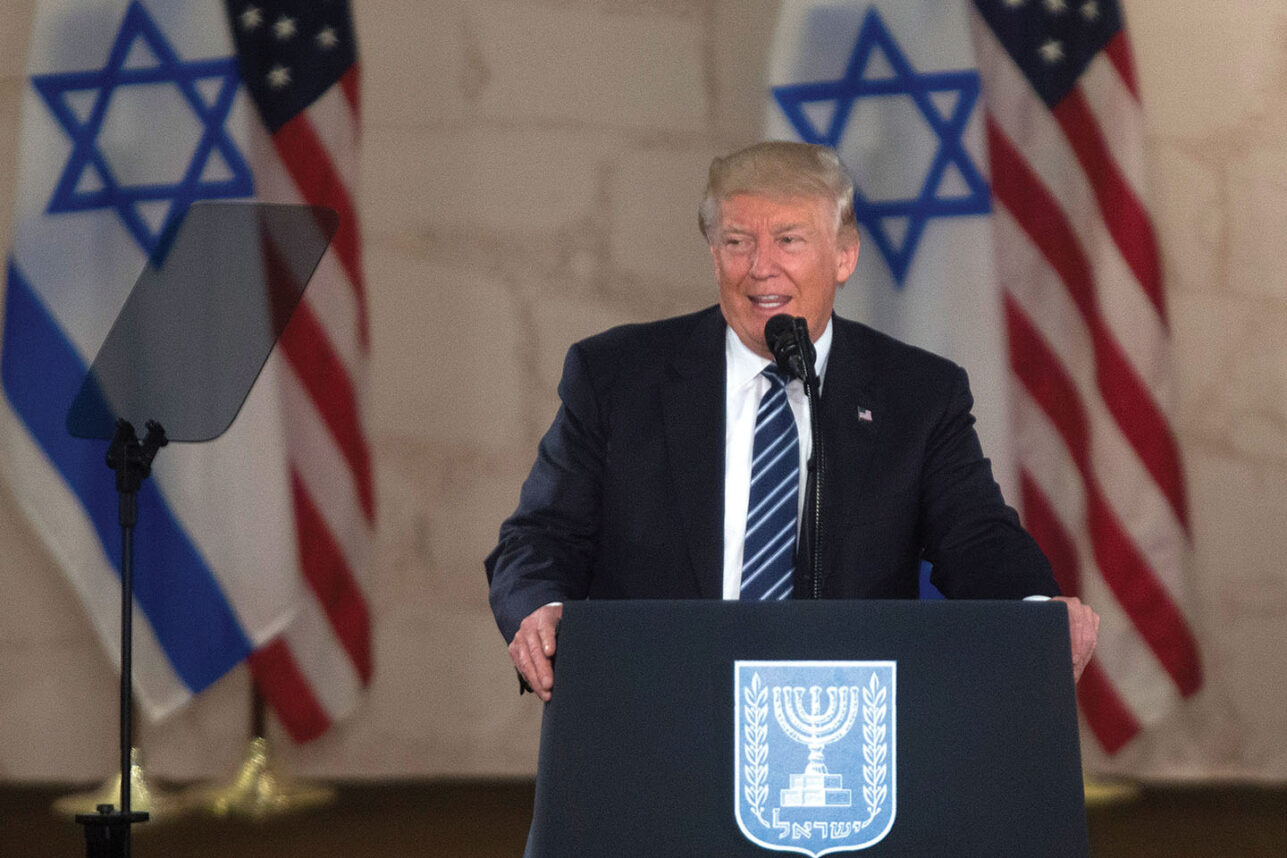
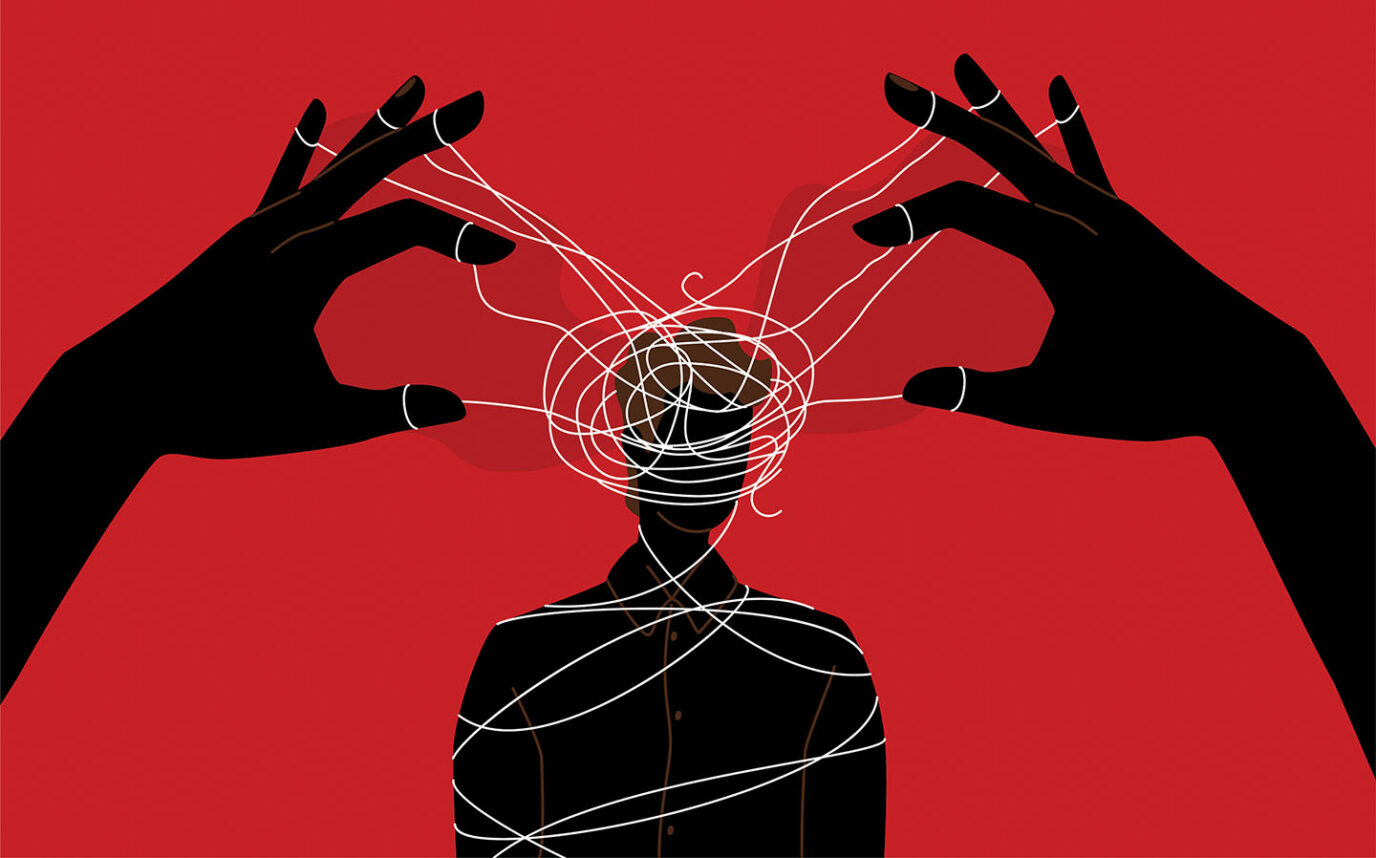
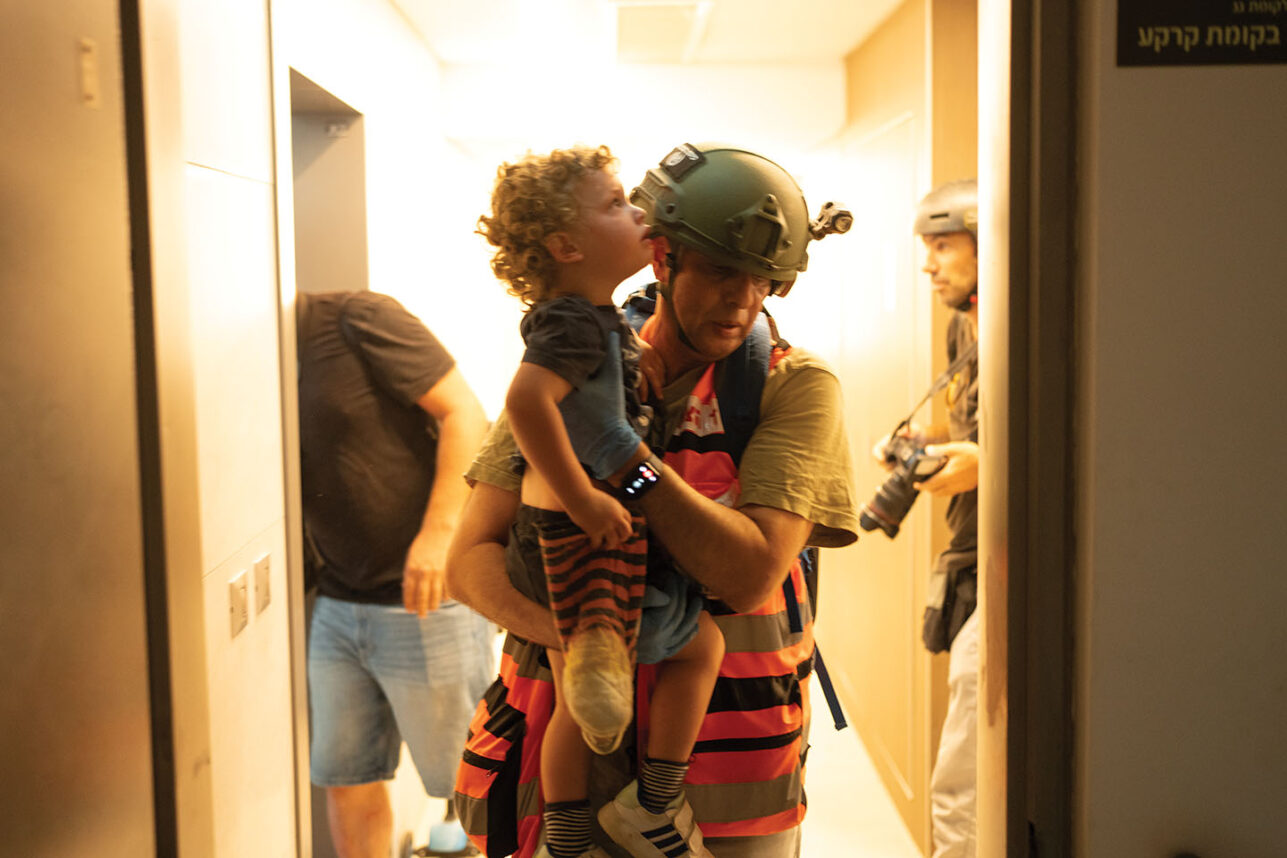

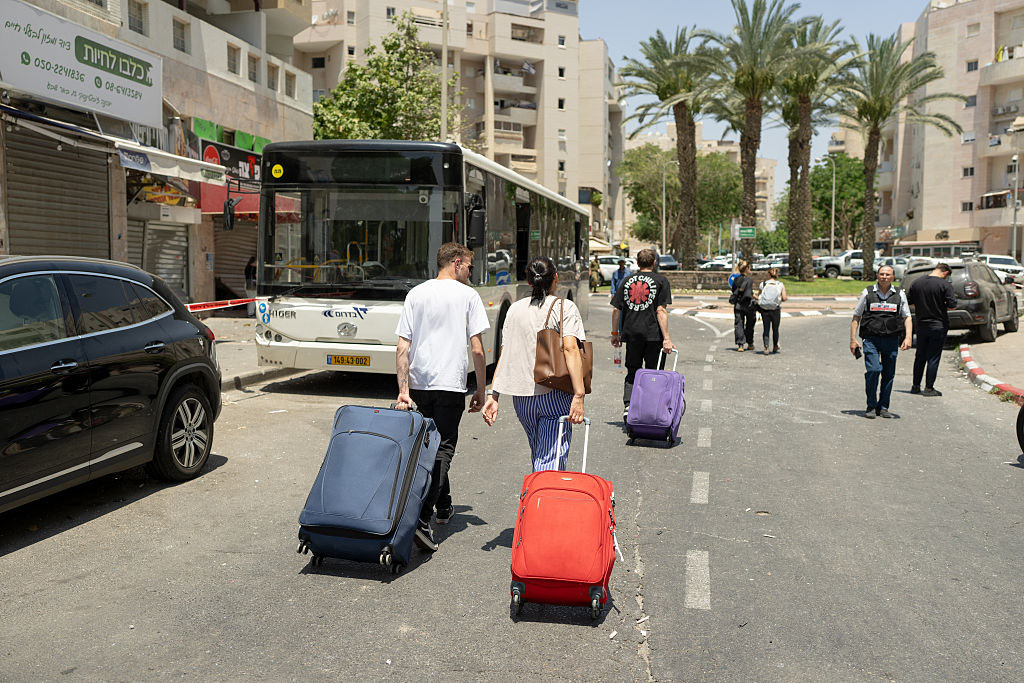
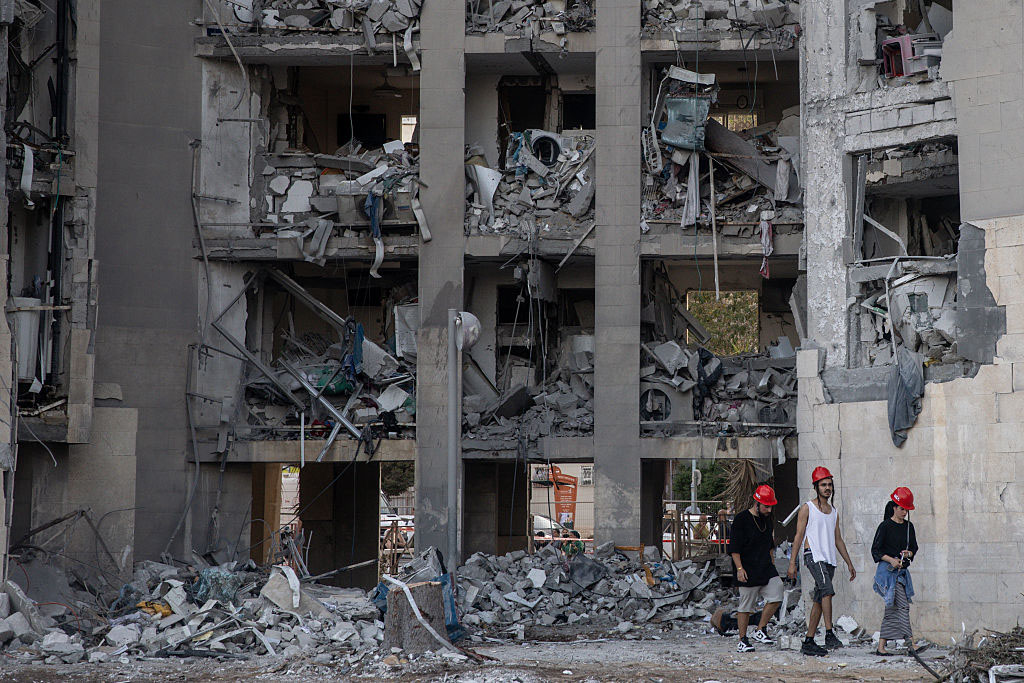

 More news and opinions than at a Shabbat dinner, right in your inbox.
More news and opinions than at a Shabbat dinner, right in your inbox.